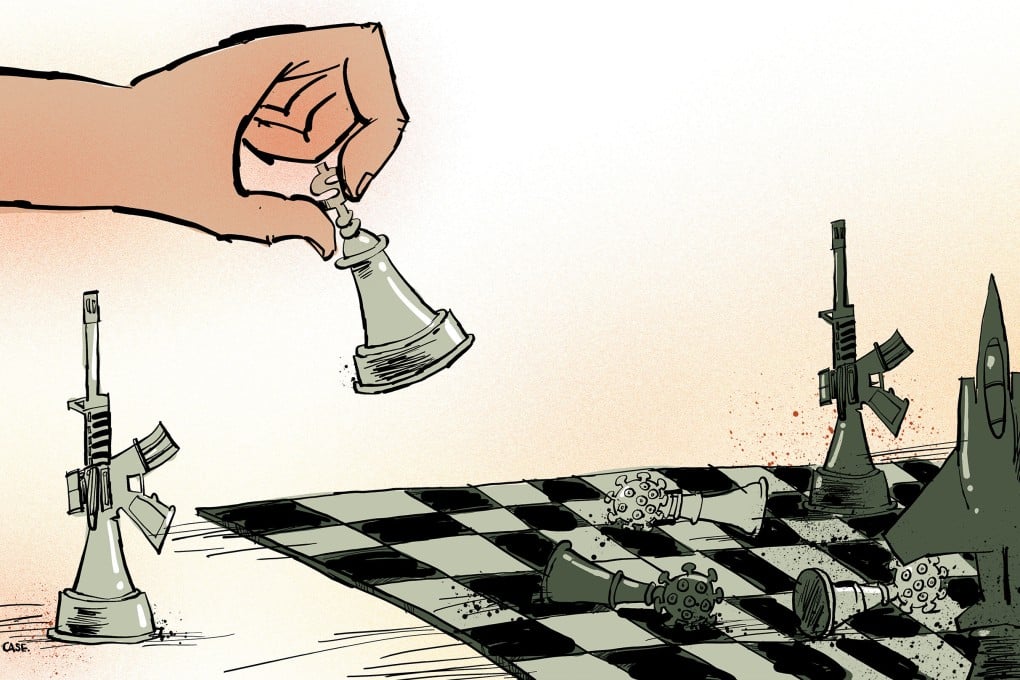Opinion | Asia-Pacific must buck global trend towards increased security and focus on economic cooperation and development
- Great power conflict and global economic uncertainty are driving a shift from cooperation to defence in the Asia-Pacific, holding back the region’s development
- Rather than focusing on competition, major powers like the US must look for common ground in their regional aims, while giving smaller players greater autonomy

Cooperation has been deteriorating in three ways. First, the conflict between Russia and Ukraine has further strategised and politicised economic development in the region. According to the OECD, the conflict may reduce global economic growth by more than 1 percentage point and increase inflation by 2.5 percentage points this year.
Therefore, the willingness of these countries to cooperate economically will decrease, especially with the US itself.
Second, various mechanisms for economic cooperation in the region are in trouble. The Belt and Road Initiative, for example, faces being “blocked at both ends and collapsing in the middle”; the “ends” – Europe and the Asia-Pacific – are blocked by the US’ Indo-Pacific strategy, while the “middle” – the Eurasian region from Kazakhstan to Ukraine – has begun to collapse.

